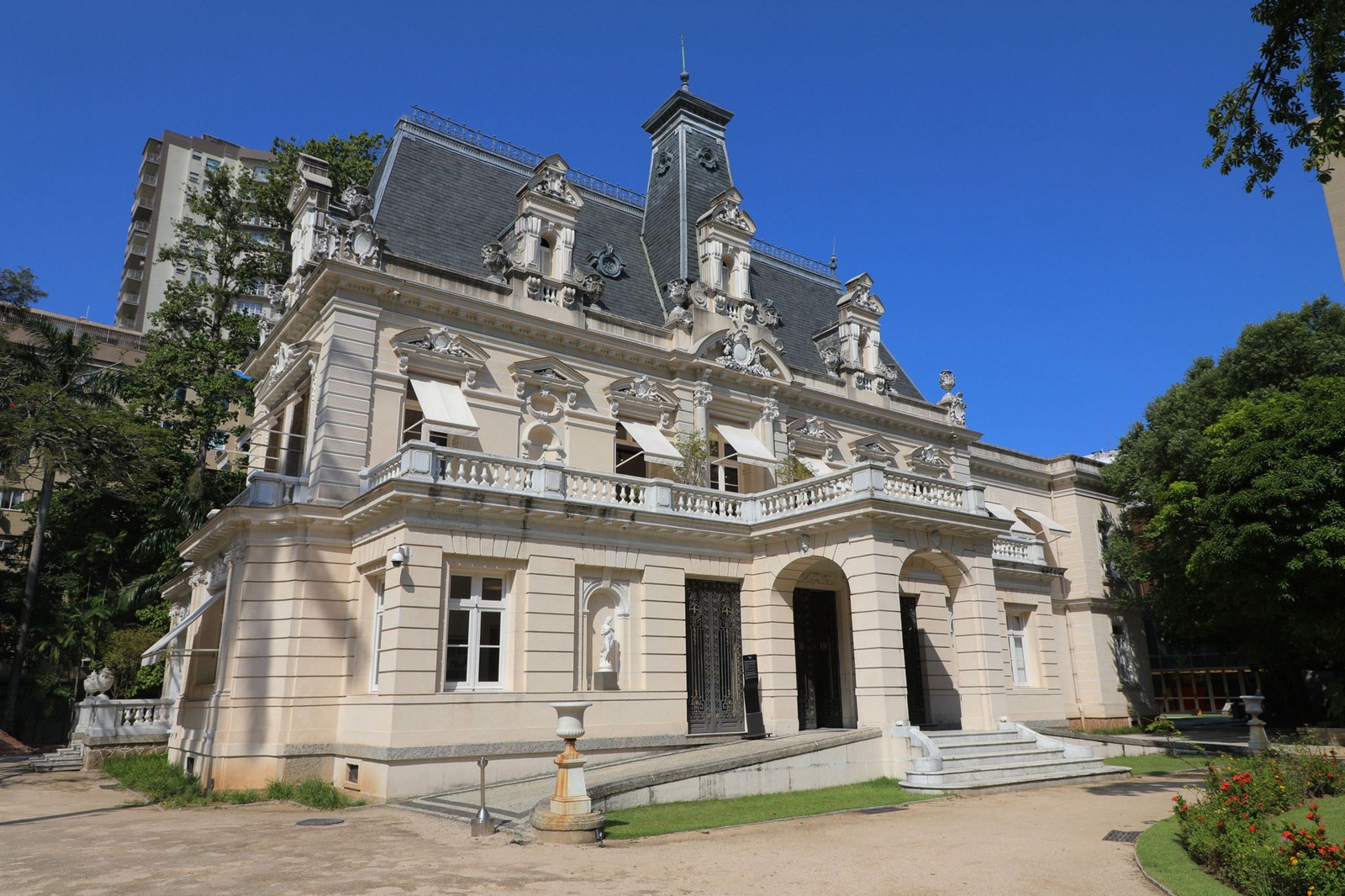Digital resources and sustainability on the agenda of the G20 Education WG
Meeting led by the Brazilian Ministry of Education discusses experiences and the use of digital resources in promoting education towards sustainable development.

The second in-person meeting of the G20 Education Working Group under the leadership of Brasil’s Ministry of Education (Ministério da Educação/MEC) was held around the topic “Connecting digital resource platform managers: Sharing educational content on Education towards Sustainable Development” (“Conectando gestores de plataformas de recursos digitais: O compartilhamento de conteúdo educacional sobre Educação para o Desenvolvimento Sustentável”/EDS). The meeting runs until July 9, in Rio de Janeiro, and will be attended by 31 international delegations. A visit to a public school in the city has been planned for Wednesday (10).
In welcoming the delegates, Minister Camilo Santana reiterated the importance of the G20 in pointing out concrete paths towards addressing the real challenges facing the world today. “Each of you can learn lessons from this contact with the digital resources of other countries,” highlighted the minister.
During the meeting, each delegation presented what their country is accomplishing in this field. Everyone agreed that digital educational resources can both enhance learning in an equitable way and foster educational initiatives towards sustainable development in the classroom.
Digital education
The general coordinator of the Ministry’s Technology and Innovation in Basic Education Secretariat (Seb\MEC), Ana Úngari Dal Fabbro, presented an overview of MEC’s policies in the field and their implementation. To Dal Fabbro, discussions on the topic are especially important because of the possibility of exchanging actions and projects between member countries.
“We have common challenges such as improving strategies referring to digital education. There is room for collaboration among countries in fields such as strategies for platform development, including the use of artificial intelligence, as well as teacher and student data security regulations, criteria for the curation of digital educational resources, and standards on the ethical use of artificial intelligence in education,” she said.
Dal Fabbro also presented features belonging to the MEC Virtual Learning Environment (Ambiente Virtual de Aprendizagem do MEC/Avamec), which offers self-instructional courses for continued teacher training, and the MEC Digital Education Resource Platform (Plataforma MEC de Recursos Educacionais Digitais/MECRED), which offers digital educational resources created by teachers from across Brasil.
The Education WG meeting is expected to help identify new learnings and diverse strategies for the development of digital educational resources that support and enrich teaching and learning processes. Throughout the exchanges among the countries, the Brazilian delegation also reinforced the central role of teachers in the pedagogical modeling of the digital educational resources that have been developed.
Sustainability
Regarding education for sustainable development, the general coordinator of Environmental Education for Diversity and Sustainability of the Secretariat for Continuing Education, Youth and Adult Literacy, Diversity and Inclusion (Secretaria de Educação Continuada, Alfabetização de Jovens e Adultos, Diversidade e Inclusão/Secadi), Rita Silvana dos Santos, highlighted MEC’s initiatives in favor of socio-environmental sustainability. Highlights include the environmental education and climate justice improvement courses for teachers in early childhood, primary and secondary education, and the 6th National Conference for Children and Youth for the Environment (Conferência Nacional Infanto-Juvenil pelo Meio Ambiente/CNIJMA) around the topic “Let's transform Brasil through education and climate justice”.
The conference is a pedagogical process of training and action involving children, adolescents, and youth with the support of education professionals, youth groups, environmental education networks, and other stakeholders committed to socio-environmental transformation in schools. MEC hopes to present the ideas and actions of Brazilian children and adolescents concerning climate issues at the 30th UN Conference on Climate Change (COP30). Another important initiative involved the construction of protocols for prevention, adaptation, mitigation and/or resilience in the face of climate emergencies to subsidize education networks.
Agenda
The theme proposed for the WG meeting connects with the priority defined by Brasil for the entire G20 presidency: “Building a just world and a sustainable planet”. The Education WG will also hold a ministerial meeting in Fortaleza in October. In addition to the MEC team and the G20 delegates, the following are also in attendance: the United Nations Educational, Scientific and Cultural Organization (Unesco), the United Nations Children's Fund (Unicef), the Organization of Ibero-American States for Education, Science and Culture (OEI), the Global Student Forum, and the World Bank.